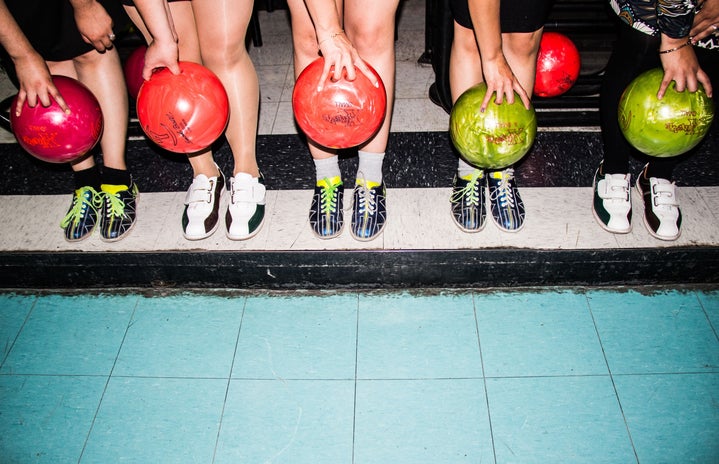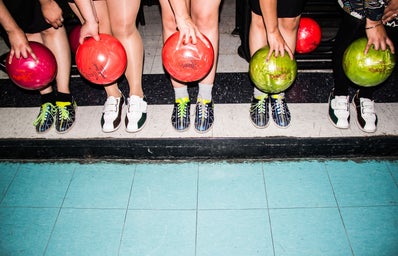By Sapir Blain
The state of the environment is more than just a trending topic between peers or a political party. Regardless of various opinions, it is indisputable that a large contributor is excessive waste. The creation of plastic, more specifically the single-use plastic that seems practically unavoidable in any grocery store, restaurant, or coffee shop, has become a target of the widely popular zero-waste movement.
The zero-waste movement has been praised for its unwillingness to compromise with single-use plastic, placing pressure on businesses and corporations to become more sustainable. On the other hand, the zero-waste movement has been criticized for being overpriced, unavailable, and another reason to spend money. This includes throwing away things you might already have to buy products that are marketed as eco-friendly. Zero waste puts all the responsibility of the individual to be educated and informed enough to “save the planet” instead of pressuring the corporations that are producing so much waste, to begin with.
There is truth in both the appraisal and the critique. If you’re interested in producing less waste as an individual, but you’ve been putting it off for the sake of not having the money to buy mason jars, reusable bags, reusable straws, and whatever other gimmicks the internet has in store, consider checking out how you can produce less waste right now without spending a dime.
- Save Jars
-
Instead of spending additional dollars buying mason jars from Etsy, rinse and reuse jars you might already have in your kitchen.
- Reuse plastic grocery store bags.
-
A reusable cloth bag is more ideal than plastic however, sometimes you forget your bag at home. Or somehow you’ve ended up with a giant pile of plastic grocery store bags. Reuse the bags for bathroom, kitchen, or car trash. It’s much more eco-friendly than buying trash bags from the store.
- Omit the straw entirely.
-
It’s a bit of pressure to go on Amazon and buy a metal or glass straw, not to mention, unnecessary. Instead of buying a straw or using plastic straws, omit the lid and the straw from your lifestyle! It’s cheaper and plastic-free!
- Ditch paper towels.
-
Paper towels are truly the gift that keeps on giving– in that, you have to keep buying them once you run out and they continue to produce unnecessary waste. I’m not suggesting you run to the store and buy a reusable kitchen or towel, because I’m sure you likely own a run-down towel that can be cut down to produce multiple reusable cleaning rags.
- Reusing plastic water bottles.
-
It happens. Sometimes you end up with single-use bottled water. If it’s a small 16oz water bottle, refrain from chucking it immediately in the trash can and instead reuse it a couple more times before recycling it. If you have a gallon of bottled water or more, go to a grocery store that offers 25 cent refills per gallon of water and saves money you would have spent on bottled water, and save money you would have spent on a reusable jug.
The most important part of practicing sustainability is not about drinking a Matcha latte through a metal straw and a glass jar. The most important part when practicing sustainability is the intention. The main goal is to be aware of your impact on the environment and making conscious efforts to minimize your ecological footprint.


